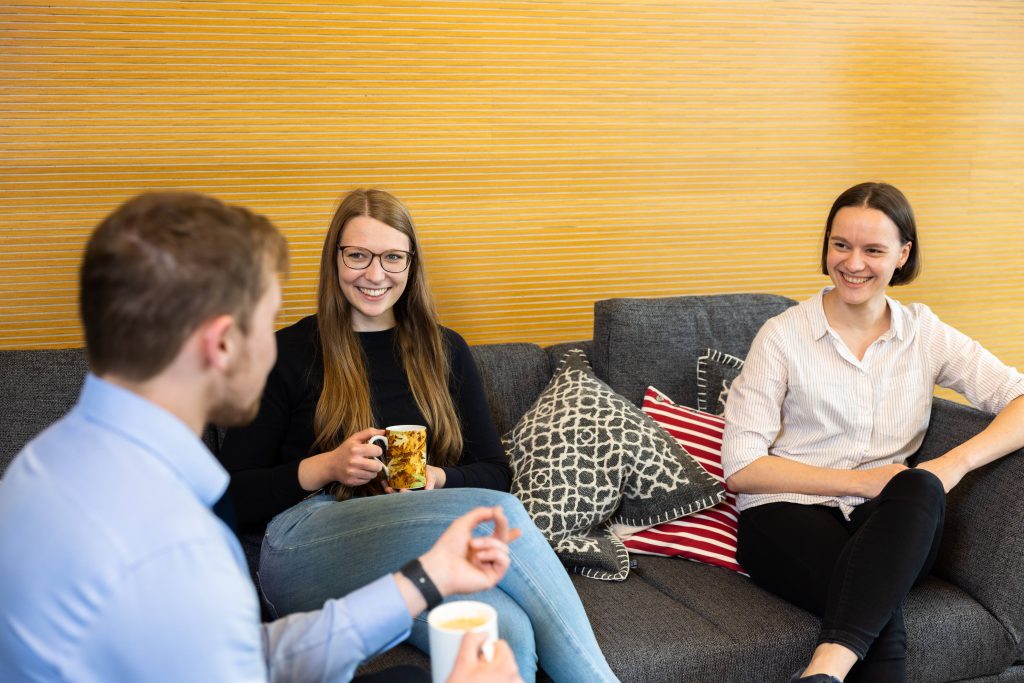
Join a dynamic research community of more than 1,000 scientists
EIPOD-LinC fellows complete a well-balanced training programme focused on developing interdisciplinary research and transferable skills. They participate in public engagement training and activies and are supported in their career development via the EMBL Fellows Career service.
Fellows work on self-designed interdisciplinary research projects in the context of the EMBL research programme: Molecules to Ecosystems. The overarching goal of the research programme is to drive our understanding of life on earth and inform potential solutions to society’s biggest challenges such as irreversible loss of biodiversity, antimicrobial resistance, pollution, climate change, food security and emergent pathogens. Projects must be related to one or more of the research themes that define the new programme. A detailed summary of the individual themes are available on the EMBL webpages (see below).
All projects require an EMBL host and at least 1 partner. Partners may come from EMBL or from an academic institute, clinic or industry located in an EMBL Member State (MS). The participation of EMBL and external labs from different sectors provide fellows with valuable interdisciplinary research training and strong inter-sectorial exposure. Fellows choose the type of research project they would like to work on and the combination of research groups to best enable their projects based on their research interests and future career goals. Importantly, projects must allow candidates to gain new skills contributing to interdisciplinary research skill sets.
EMBL Member and Associate Member States
Austria | Belgium | Croatia |Czech Republic | Denmark | Estonia |Finland | France | Germany | Greece | Hungary | Iceland | Israel | Italy | Lithuania | Luxembourg | Malta | Montenegro | Netherlands | Norway | Poland | Portugal | Slovakia | Spain | Sweden | Switzerland | United Kingdom | Australia
EMBL Prospect Member States|
Latvia | Serbia
EIPOD-LinC fellows receive 3 year fully funded contracts based on the EMBL site at which they are based. The 2022 Postdoctoral Fellowship rates are available here. Fellows with a Member State (MS) partner can request a 6-month extension of their contract provided that they spend 1 year of their 3-year fellowship in the MS partner lab.
The EMBL HR pages provide an overview of the Laboratory’s conditions of employment. Positions come with:
The programme supports equal opportunities in the broadest possible sense. Some of EMBL’s sites have onsite child care and the others have arrangements with local providers. Part-time is a possibility for fellows returning from parental leave. EMBL also makes work place modifications for researchers with special needs.

Successful projects are subject to EMBL internal policies related to good scientific practice, including the use of human biological samples and research with animals. Projects requiring ethical approvals must have these in place prior to a fellow beginning their project.